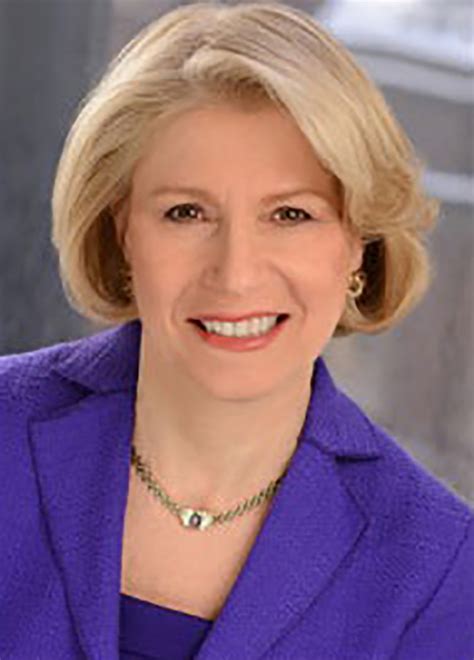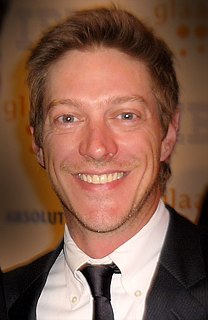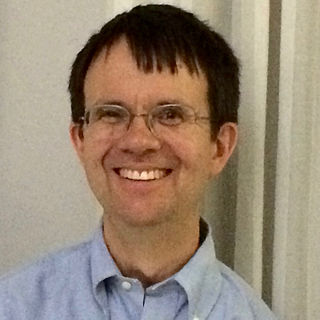A Quote by Matthew Pearl
I was fortunate that Yale has a very open and creative law school. I took many courses outside the law school, and every semester, the students had a literature reading group. I was asked to lead one on 'Dante and the Concept of Justice,' and it was around that time that I began writing the novel.
Related Quotes
Justin [Di Cioccio] was [at Laguardia School of Arts]. He later took over at Manhattan. But I knew Justin through the McDonald's band, which at the time I was finishing high school and starting college, I got involved with. I was not that heavily involved with the school at MSM my first year there. I took a semester off to start my 2nd year. Took classes I felt like taking during my third semester, but by the start of my third year, September of '86, they began the undergraduate jazz program and I joined that program.
I’m seventeen years old, my name is Juan García Madero, and I’m in my first semester of law school. I wanted to study literature, not law, but my uncle insisted, and in the end I gave in. I’m an orphan, and someday I’ll be a lawyer. That’s what I told my aunt and uncle, and then I shut myself in my room and cried all night.
Because my graduate academic training at law school was not one that included most of the intellectual traditions I find useful for understanding the conditions and problems that most concern me - anti-colonial theories, Foucault, critical disability studies, prison studies and the like are rarely seen in standard US Law School curricula, where students are still fighting on many campuses to get a single class on race or poverty offered - I developed most of my thinking about these topics through activist reading groups and collaborative writing projects with other activist scholars.
In 2015, an opera opened about me and Justice Antonin Scalia. It's called 'Scalia/Ginsburg.' The composer, Derrick Wang, has degrees in music from Harvard and Yale. Enrolled in law school, he was reading dueling opinions by me and Justice Scalia and decided he could compose an appealing comic opera from them.
When I'm not the Tiger Mom, I'm a professor at Yale Law School, and if one thing is clear to me from years of teaching, it's that there are many ways to produce fabulous kids. I have amazing students; some of them have strict parents, others have lenient parents, and many come from family situations that defy easy description.







































